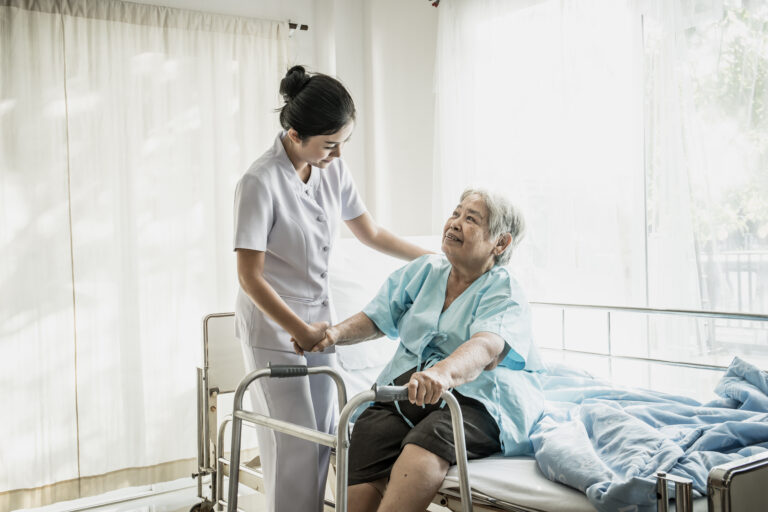As we age, our bodies undergo a series of changes that can affect how we regulate our body temperature. This can lead to feeling colder or hotter than usual, and it’s not just about the external environment; it’s also about what’s happening inside our bodies.
One of the main reasons older adults might feel colder is due to changes in circulation. As we age, our blood vessels become less flexible and efficient at pumping blood. This means they can’t constrict or dilate as well as they used to, which affects how well our bodies can distribute heat. You might notice this more in your hands and feet, which can feel colder than the rest of your body.
Another factor is the thinning of our skin. The subcutaneous layer, which is the layer of fat just beneath our skin, acts as insulation. As this layer thins with age, we lose some of that insulation, making it harder for our bodies to retain heat. It’s like having a thinner blanket to keep us warm.
On the other side of the spectrum, some older adults might experience hot flashes. This is particularly common in women going through menopause due to a drop in estrogen levels. Estrogen plays a crucial role in regulating body temperature by influencing the hypothalamus, the part of the brain that controls temperature. When estrogen levels drop, the hypothalamus can misinterpret body temperature, leading to sudden feelings of overheating and the onset of hot flashes.
Aging also affects our ability to sense thirst, which can lead to dehydration. As we get older, our kidneys don’t work as efficiently, and we might lose more fluids. This can disrupt our body’s fluid balance and affect how well we regulate our temperature.
In addition, chronic health conditions and medications can further complicate temperature regulation. For example, certain medications can affect how our bodies respond to heat or cold, while conditions like diabetes can lead to increased fluid loss.
Overall, aging impacts our ability to regulate body temperature in complex ways. Understanding these changes can help us take steps to manage them better, whether it’s dressing warmly, staying hydrated, or seeking medical advice if needed.



